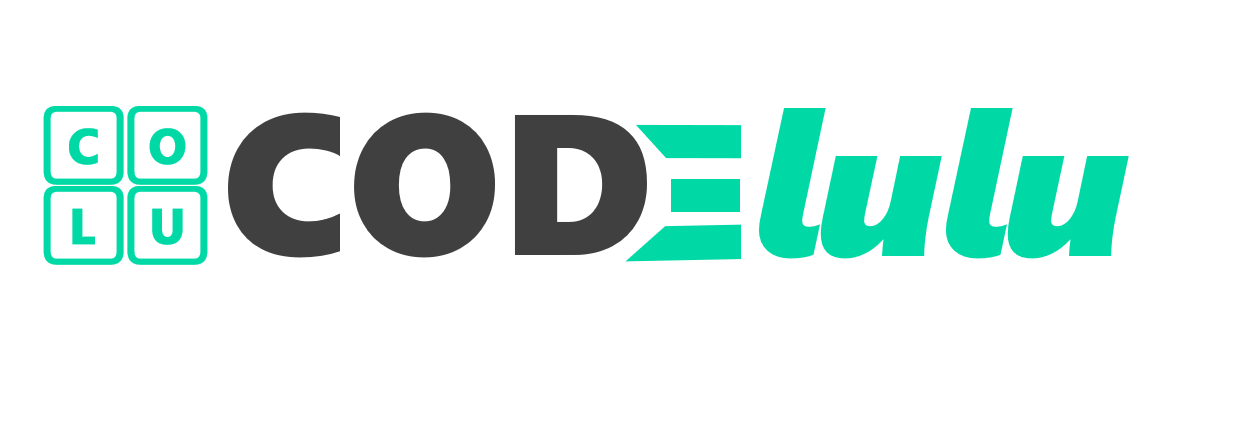
In the world of software development, a “Stack” is a collection of software products and programming languages that work together to produce sophisticated web or mobile applications. To enable a speedier and more dynamic web development process, software companies are now employing the concept of combining diverse technologies.
For example, LAMP (software bundle), which stands for Linux (operating system), Apache (webserver), MySQL (database management system), and PHP, PERL, or Python, is an acronym for Linux (operating system), Apache (webserver), MySQL (database management system), and PHP, PERL, or Python (server-side scripting language).
Similarly in our amazon clone app script, there is a new technological stack that is gaining popularity among web developers due to its potential resourcefulness. The MEAN stack is what it’s called. So, what exactly is MEAN stack and why is it so widely used?
What is MEAN stack?
MongoDB (database system), ExpressJS (back-end web framework), AngularJS (front-end framework), and NodeJS are all abbreviated as MEAN (back-end runtime environment). These technologies were developed at various times in history.
However, they are now joined together to form the MEAN stack, and the reason for this is rather obvious. JavaScript is the glue that holds things together. JavaScript is a dynamic programming language that may be used to create both client-side and server-side web applications.
The following diagram depicts the typical information flow within the MEAN stack’s various components.
Why MEAN stack?
1 ) Single language development
The usage of a single language throughout development, i.e. for both client-side and server-side, is the primary rationale for choosing MEAN stack over others. The web development process gets more organised because all of these technologies are written in JavaScript, hence our amazon clone script is excellently written with MEAN stack.
Let’s look at it through the lens of another stack, LAMP. You’re creating your server-side application in PHP, and querying MySQL data with SQL and JavaScript on the client side.
Consider what it would be like if you only had to concentrate on one language. NodeJS is a server-side platform that allows JavaScript to be implemented. On the front end, AngularJS also uses JavaScript. As a result, JavaScript can be found in a variety of places.
2) MongoDB (MongoDB)
In all applications, the ability to store and render data is the most critical factor. When it comes to managing large amounts of data, MongoDB is an excellent database system to use. MongoDB, unlike any other database, makes it easier to update all of the data. The documents in MongoDB are similar to objects in an object-oriented programming language.
3) Express JS
Express is a back-end framework that makes it easier to create/request endpoints and handle cookies, among other things. Some of the core features of the Express framework are listed below.
- Allows middleware to be configured to reply to HTTP requests.
- Defines a routing table for doing various actions based on HTTP Method and URL.
- Allows to dynamically render HTML Pages by passing arguments to templates.
4) Angular JS
Angular.js is a single-page application development framework based on JavaScript. Angular is a simple approach to integrate client-side collaborative AJAX-driven rich components and functionality. A contemporary feature of AngularJS is that it can be used to create single-page applications that don’t require users to continuously refreshing the pages as they check out.
5) Node.js
Node.js is a strong JavaScript-based framework/platform based on the JavaScript V8 Engine in Google Chrome. It’s used to make I/O-intensive online apps like video streaming sites, single-page apps, and other web apps.
NodeJS is a fantastic choice for Real-Time applications because it is written in JavaScript and is open-source and cross-platform. Another advantage of NodeJS is that it is OS agnostic.
6) JSON (JavaScript Object Notation) is used in all places.
JSON is used by both AngularJS and NodeJS, and even MongoDB stores data in JSON format. It’s ideal for large-scale projects. As a result, we employ JSON throughout the application. There’s no need to reformat the information.
7) Budget-Friendly
If a company wants to construct a MEAN Stack application, they don’t have to recruit a bunch of separate specialists to work on a single project. A small team of JavaScript professionals can handle the complete system from start to finish.
The cost of deploying an application built with the MEAN stack is lower because the components are free and it can operate on any server.With this method, it will be simple to switch between front-end frameworks, such as ReactJS, Vue, and various Angular versions, without any impact on the back-end logic and systems.
8) Open-Source and Free-to-Use Components
All of the MEAN stack components are open-source and frequently updated, allowing developers to tailor the code to their specific requirements. NodeJS also comes with a large library of JavaScript modules.
9) Community Support Around the World
Continuous support from industry experts and many communities such as AngularJS, NodeJS, and MongoDB. MongoDB, for example, is the most popular NoSQL database. NodeJS is natively supported by the top eight hosting services in the world. Google, for example, is an AngularJS supporter. NPM is the world’s largest package ecosystem, which aids in the packaging of solutions.
Conclusion
The MEAN stack has powerful features that can make development incredibly quick and simple. It also takes advantage of the capabilities of modern single-page apps by avoiding the need to refresh a web page for each server, as most classic online applications do. These are some of the reasons why MEAN Stack has become increasingly popular for application development.
At Codelulu, we built the amazon clone (Shoplulu) using the MEAN Stack eCommerce platform. Wouldn’t it be fantastic if you could stay up with the technology used by leading tech companies such as Google, Facebook, and IBM?
It’s a multi-vendor readymade eCommerce programme based on the MEAN stack (MongoDB, ExpressJs, AngularJs, NodeJs), promising a scalable, robust eCommerce script with outstanding code and documentation.



